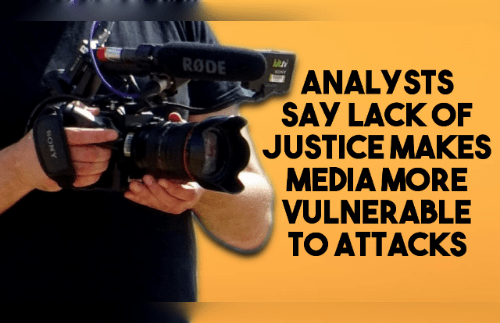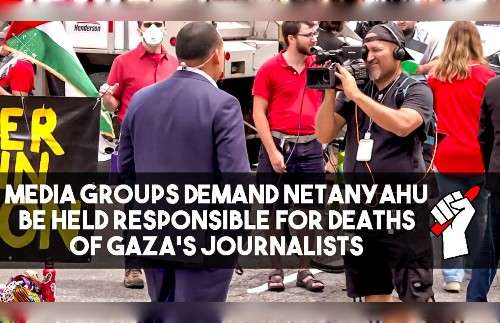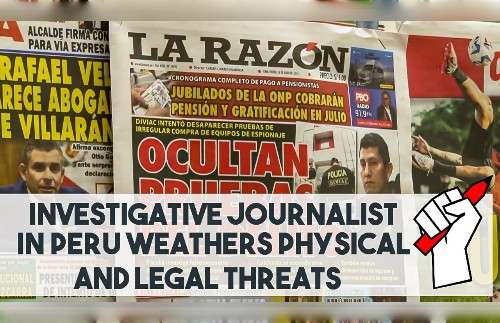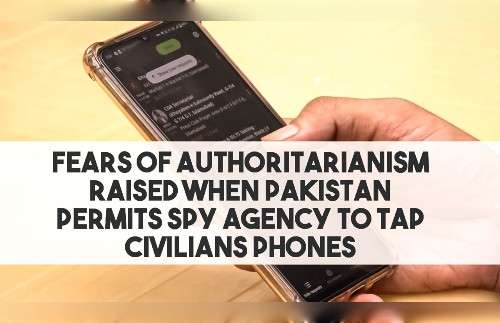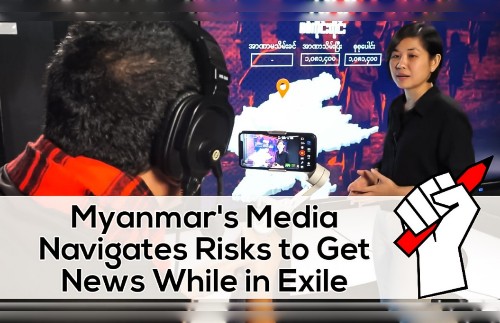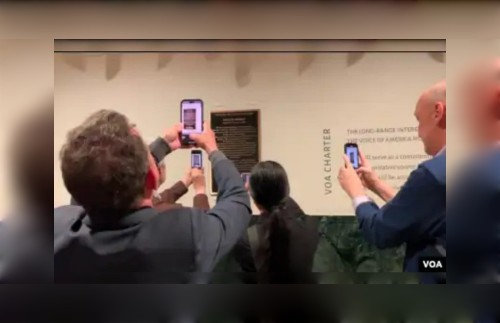Reporters Without Borders (RSF) deplores the lack of measures taken by the authorities and organizations in charge of the fight against the Ebola epidemic which rages in the east of the Democratic Republic of Congo (DRC) while a community radio station was again attacked by strangers.

“The threats continue and we have received no support,” deplores, distraught, Parfait Katoto , the director of community radio Amkeni in Biakato in Ituri, one of the eastern provinces of the DRC affected by Ebola. Already threatened several times for relaying prevention messages against the disease which has killed more than 2,200 people in the past two years, the radio was this time burnt down by unknown people on the night of January 21 to 22, 2020. The electric generator of the station was destroyed and part of the premises reduced to ashes.
After the assassination of a journalist covering Ebola in November, reporters and broadcasters continued to receive threats as reported by RSF, and this time a radio station was burnt down with no proper response. has been brought in , denounces Arnaud Froger, head of the RSF Africa office.Congolese authorities and actors in charge of the response, including the UN and WHO, who rely heavily on the courageous work of community radios to fight the spread of the epidemic, have the duty to ensure the safety of journalists and media threatened and to support those who were attacked. It is absolutely abnormal that those who fully participate in the response efforts by disseminating information become collateral victims of a virus which they help to fight without any action being taken to put an end to this situation ”.
Covering the epidemic can be very risky. Health measures sometimes arouse very strong hostility from part of the population and from the armed groups raging in eastern DRC. On November 2, Papy Mahamba Mumbere, a journalist for Lwemba community radio , was murdered a few hours after hosting a program on the response to Ebola.
In an investigation into the risks to which Congolese journalists and media are exposed who discuss this subject in the provinces affected by the epidemic, RSF had then identified a dozen acts of intimidation and aggression. The editorial staff of Amkeni radio in Byakato also reported being threatened from all sides and living “in fear”. Two of his journalists were attacked and part of their equipment was stolen. Leaflets with death threats had been placed on the radio, which had decided to suspend its Ebola programs for a month. After the radio had resumed broadcasting for three weeks, it received new warnings in the days before the station fire.
In a reportpublished last week on the first year in power of President Félix Tshisekedi, Journaliste en danger (JED), an RSF partner organization, recalled that no major measures have been taken by the new authorities in terms of security and court in matters of press freedom. RSF and JED, who had met with the head of state on the sidelines of the Forum for Peace in Paris last November, had expressed their availability to improve press freedom in the DRC. On this occasion, they recommended the rapid establishment of a mechanism dedicated to the protection and security of journalists,
The DRC currently ranks 154th out of 180 on the RSF World Press Freedom Index .
Copyright ©2016, Reporters Without Borders. Used with the permission of Reporters Without Borders, CS 90247 75083 Paris Cedex 02 https://rsf.org
Escaping from Scam Center on Cambodia’s Bokor Mountain
UN Security Council Meets to Discuss Children and Armed Conflict
10 Shocking Revelations from Bangladesh Commission’s Report About Ex-PM Hasina-Linked Forced Disappearances
Migration Dynamics Shifting Due to New US Administration New Regional Laws
UN Security Council Meets to Discuss the Maintenance of International Peace and Security and Artificial Intelligence
Winter Brings New Challenges for Residents living in Ukraine’s Donetsk Region
Permanent Representative of Israel Briefs Press at UN Headquarters
Hospitals Overwhelmed in Vanuatu as Death and Damage Toll Mounts from Quake
Subscribe Our You Tube Channel
Fighting Fake News
Fighting Lies













